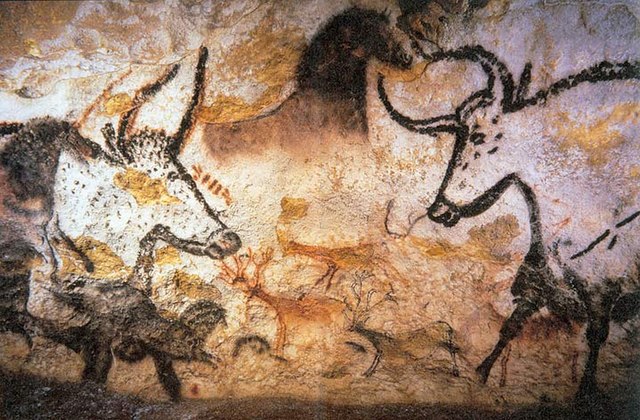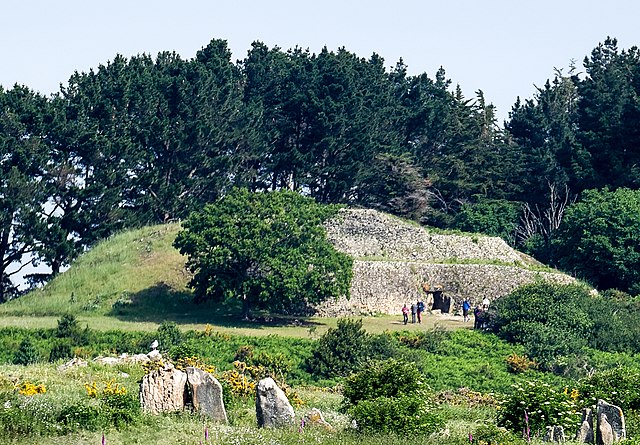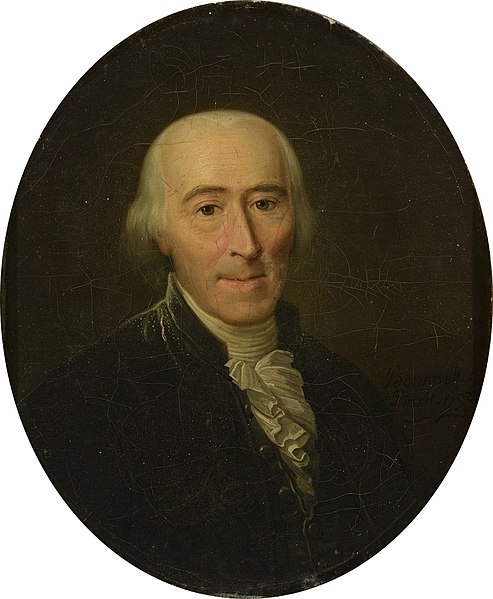The first written records for the history of France appeared in the Iron Age. What is now France made up the bulk of the region known to the Romans as Gaul. Greek writers noted the presence of three main ethno-linguistic groups in the area: the Gauls, Aquitani and Belgae. The Gauls, the largest group, were Celtic people speaking Gaulish.
Over the first millennium BC the Greeks, Romans and Carthaginians established colonies on the Mediterranean coast and offshore islands. The Roman Republic annexed southern Gaul in the late 2nd century BC, and legions under Julius Caesar conquered the rest of Gaul in the Gallic Wars of 58–51 BC. A Gallo-Roman culture emerged and Gaul was increasingly integrated into the Roman Empire.
Cave painting in Lascaux, 15,000 BC.
Gavrinis megalithic tomb, Brittany, 4200-4000 BC
Massalia (modern Marseille) Greek silver coin, 5th–1st century BC
Vix palace, central France, late 6th century BC
In the history of France, the First Republic, sometimes referred to in historiography as Revolutionary France, and officially the French Republic, was founded on 21 September 1792 during the French Revolution. The First Republic lasted until the declaration of the First Empire on 18 May 1804 under Napoléon Bonaparte, although the form of government changed several times.
Georges Danton (Cordeliers/The Mountain)
Jean-Marie Roland de la Platière (Girondins)
Étienne Clavière (Girondins)
Maximilien Robespierre (Jacobins/The Mountain)








